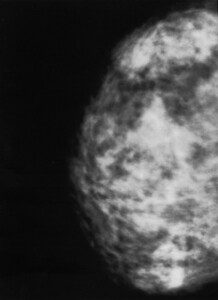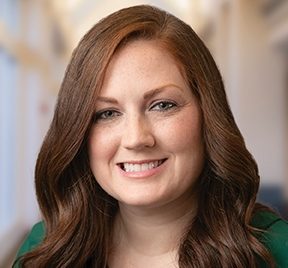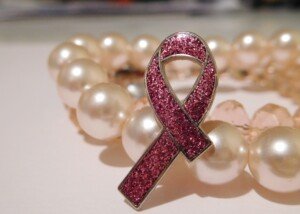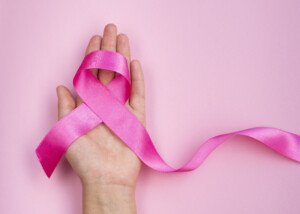
What’s the higher risk of breast cancer when pitted against each other: having both family history and dense breasts, or having only a BRCA mutation?
“There are many factors that can increase breast cancer risk including obesity, hormone exposure, radiation exposure, family history and genetic mutations,” says Jennifer Hartman, a clinical nurse practitioner specializing in breast health, women’s health and cancer genetics.
Family History
This refers to a first-degree relative of yours who’s been diagnosed with breast cancer: mother, sister or daughter.
Many women fear a dramatically heightened risk of breast cancer if a first-degree relative is diagnosed with it.
Lack of family history isn’t nearly as significant as the presence of family history.
A woman with one first-degree female relative with BC has about twice the risk of a woman without this family history.
Breast Density
The National Cancer Institute says that women whose breasts, via mammogram, are classified as “dense,” have a three to six times higher risk of developing breast cancer when compared to women with fatty breasts.
Breast density is not determined by body type, weight, muscle mass, exercise habits or type of diet.
Dense breasts do not have a particular look or feel to a person’s eyes or hands.
Only a mammogram can determine if breasts are dense — whether scattered, heterogenously or extremely.

A mammogram of a normal dense breast. Note the heavy areas of white patchiness, which can obscure the visualization of a cancerous tumor, since these, too, appear white.
Which is riskier for breast cancer: BRCA mutation or the duo of extremely dense breasts + family history?
For the general population, the chance of developing BC by age 70 is eight percent.
“Women who carry a BRCA1 or BRCA2 mutation can have a lifetime risk of breast cancer as high as 84%,” says Hartman.
“For women without a BRCA mutation, we can estimate their lifetime risk of breast cancer by using breast cancer risk calculating models which utilize personal and family history to provide an estimate of what their risk of breast cancer is.
“A young woman who is BRCA negative with dense breast tissue and one first-degree relative with breast cancer would have a lifetime risk between 20-30%.
“This would increase if they have any additional family history of breast cancer [e.g., mother and sister] or other risk factors including obesity or hormone exposure.
“While there are many variables unaccounted for, a woman with a BRCA mutation would have a higher risk of breast cancer than a woman of the same age with dense breast tissue and one first-degree relative with breast cancer.”
And as you can see, that higher risk would be significant.
 Jennifer Hartman, NP, specializes in surgical breast oncology and has 14+ years of nursing background involving (but not limited to) high-risk breast care, cancer genetics, breast cancer survivorship, gynecological care and homeless healthcare.
Jennifer Hartman, NP, specializes in surgical breast oncology and has 14+ years of nursing background involving (but not limited to) high-risk breast care, cancer genetics, breast cancer survivorship, gynecological care and homeless healthcare.
 Lorra Garrick has been covering medical, fitness and cybersecurity topics for many years, having written thousands of articles for print magazines and websites, including as a ghostwriter. She’s also a former ACE-certified personal trainer.
Lorra Garrick has been covering medical, fitness and cybersecurity topics for many years, having written thousands of articles for print magazines and websites, including as a ghostwriter. She’s also a former ACE-certified personal trainer.
.









































